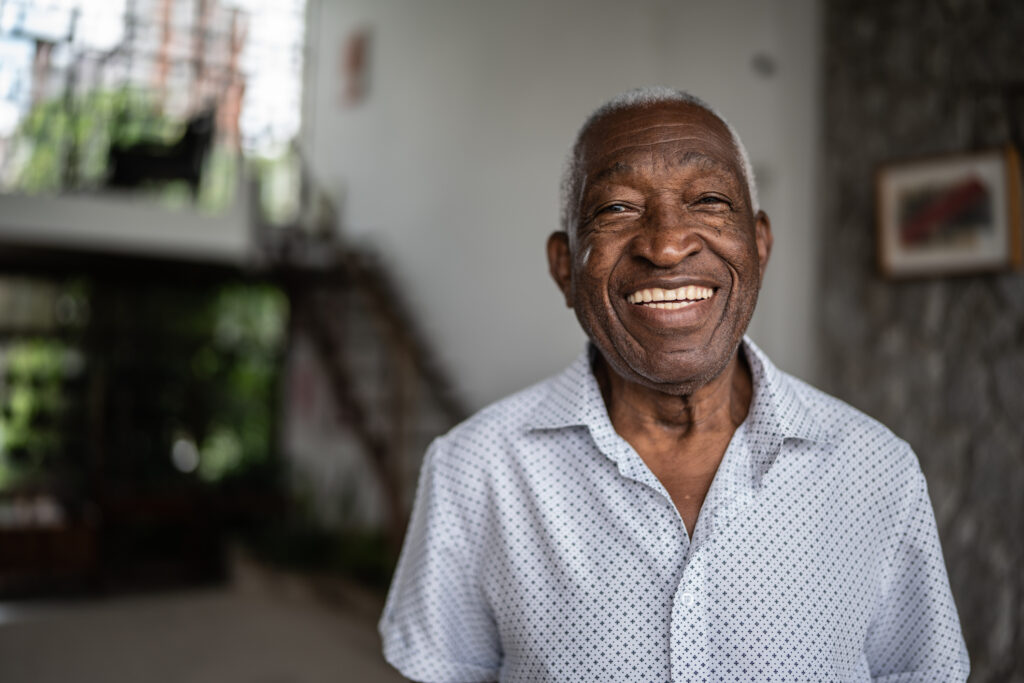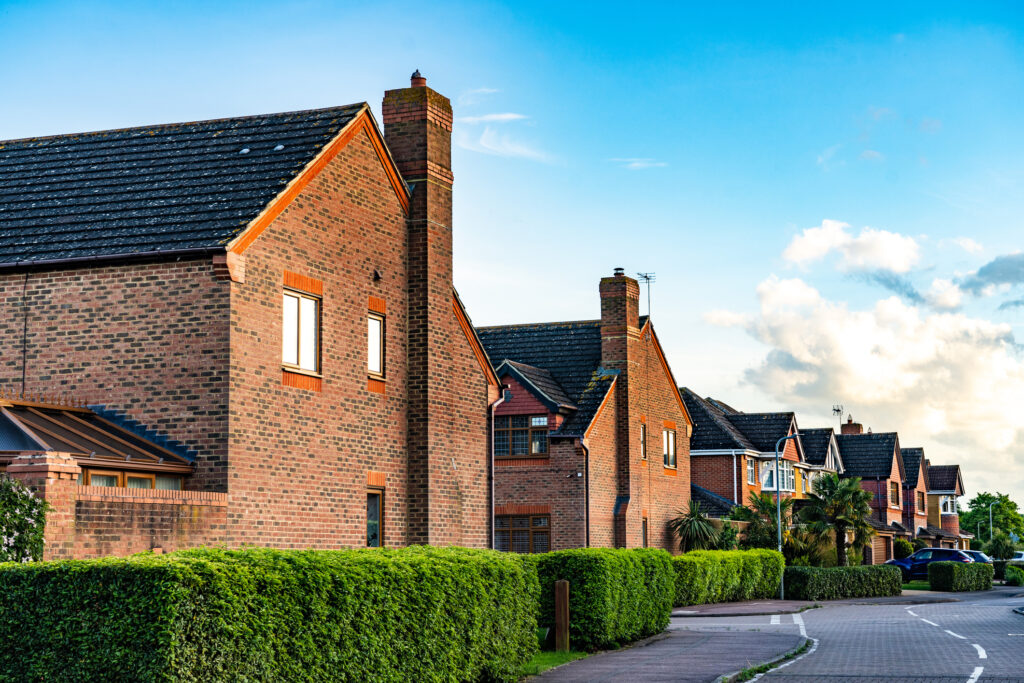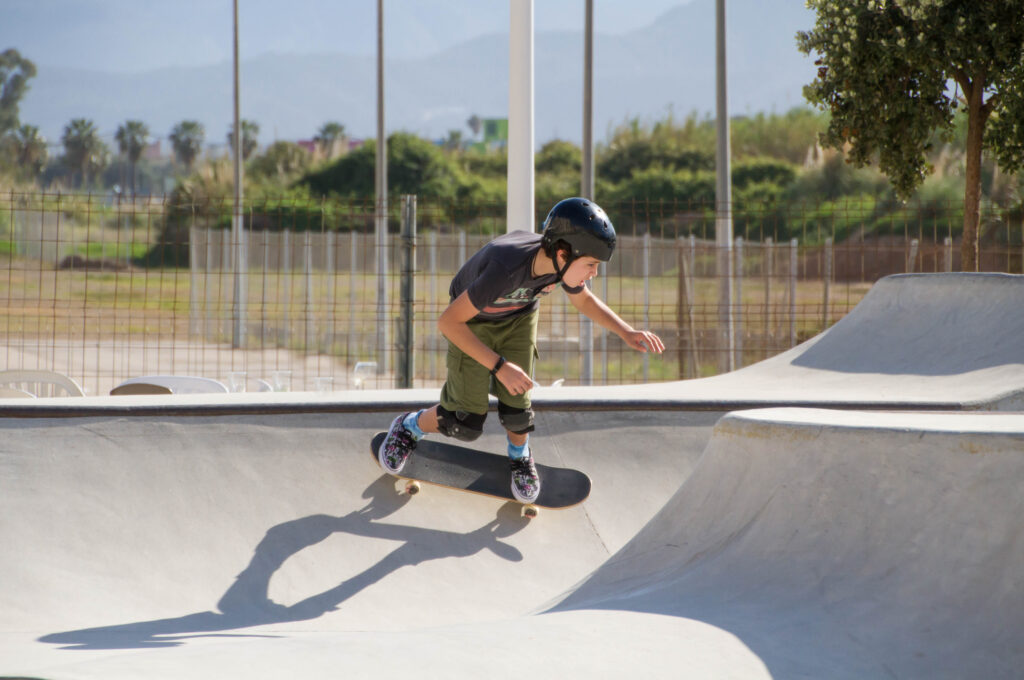
Improving sports facilities with a loan
Berkhamsted & Hemel Hempstead Hockey Club desperately needed an artificial grass pitch, but the sports club was struggling to raise enough money through fundraising and grants, and its own bank turned it down for a loan.
Roger Macklin, Chair at Berkhamsted & Hemel Hempstead Hockey Club, shares why the loan was so important and how he found the loans process.
Why did you need a loan?
We needed to build an artificial grass pitch, also known as an astro. We already had two beautiful grass pitches, but league hockey can only be played on a specific type of astro, so we were forced to play all our league games in other locations.
There are only two hockey pitches within a reasonable driving distance and there was a real risk that both would be redeveloped, meaning we wouldn’t be able to play league hockey at all, and the club could have ended up closing. So we really needed our own. Plus, one of the places we were hiring for home games was half an hour’s drive away, which was challenging for players and supporters.
Why did you choose Charity Bank for your loan?
We were speaking to a grant funder but for several reasons, they were unable to provide us with any sort of funding at all, which was very disappointing. But they put us in contact with another organisation for advice, which recommended Charity Bank.
Did you apply to any other loan providers?
We applied to our bank but they said, no. I was surprised by that because we’ve banked with them for quite a long time, and I felt that we had a great business case. We have assets and could clearly afford the loan repayments. In the worst-case scenario, the land could have been sold to repay the loan, so there was no significant risk to anybody. But our bank still turned us down.
Did you have any concerns about taking out a large loan?
We had significant concerns as we were putting ourselves into debt, and therefore putting the club on the line. We did a lot of financial modelling. What happens if we only get two hires a week? What happens if all our assumptions are way off? Can we still afford the loan? The answer was, yes, so taking the loan was a no brainer, really, as the club couldn’t move forward without it. When members voted on it, the decision to go ahead was unanimous.
How did you find the process of applying for the loan?
There was a lot of due diligence associated with the clubhouse. We needed to get asbestos surveys done and that sort of thing, which I hadn’t expected. But some of the things we ought to have been doing anyway, so the process acted as a useful reminder.
Was it helpful to have named people at Charity Bank to talk to, rather than going through a call centre?
Absolutely. We met Carolyn Sims at the site to take her through our plans, and then liaised with her quite a bit. And then Lisa Gilbert helped us through the paperwork. When she wasn’t around, there was always someone who could pick things up.
What challenges did you face?
We actually applied to build an astro about 20 years ago. At the time, the planning authorities said we could have the pitch but not the floodlights. That would have prevented us from playing for several months a year, so we didn’t progress it.
When we decided to try again, we were told by our planning consultant that we really shouldn’t bother going any further because we were still unlikely to get permission for floodlights. But we felt we had to try. Luckily, while the planning officer objected to our plans, both the parish council and the borough councillor, Lara Pringle, were in favour, so it went to a committee meeting and was approved.
When it came to the loan, it was a pretty straightforward process. The rising interest rates were a concern, but we were able to secure a fixed rate deal. It is a worry that the base rate could continue rising, so the interest rate might be higher when the fixed rate deal ends, but we did consider that scenario in our financial planning, so I feel very comfortable we’ll still be able to make our repayments.
You only borrowed some of the money that you needed to build the pitch. Where did the rest of the funds come from?
We raised around £200,000 from members through small interest loans. Basically, we repay those small loans when we can afford to. Every year, the club will determine how much excess money it’s got, and so how much it can repay to members, and then we’ll draw a lottery and whoever’s tickets come out get paid.
We also received grants from Northchurch Parish Council and the Berkhamsted Sports Ground Charitable Association.
But the vast majority of the money came from Charity Bank. If they hadn’t given us the loan, we’d probably still be trying to fundraise.
Could you have raised enough through fundraising?
It would have taken a very long time. Building costs may have risen and we’d have carried on spending money on hiring other pitches. The planning condition said that we had to start building within five years, so waiting would have been risky.
What should sports clubs be aware of before they apply for a loan?
Clearly, it’s important to do the required financial modelling, and consider what would happen if your assumptions are wrong. What are your biggest risks and worst-case scenarios? How likely are they to occur? What would you do if they happened?
What difference will having the new astro pitch make to your club?
The big benefit for players and supporters is that they no longer need to drive so far for home games which of course has the added benefit of reducing our carbon emissions.
For us as a club, the astro has made us stronger, as there was a real risk we could have ended up with nowhere to play.
Are there financial benefits?
Yes. We have a clubhouse and bar, which provide a lot of our income. People didn’t want to drive half an hour to play a match and then drive back to meet up in the clubhouse, so we were losing a lot of revenue.
Now, we have up to five league games being played here on a Saturday. That means that 10 teams of 15 players are here each week, plus parents of junior players, and a lot of them will come to the clubhouse for tea, coffee or a beer afterwards.
Plus, we were spending around £30,000 a year on hiring astros. Not only are we no longer losing that money, but we’re now making money by hiring the pitch out to other sports clubs.
Will that extra income and savings cover your loan repayments?
Yes. Our business plan says that we will pay the loan off in 25 years, but I expect to repay it much earlier. One of the nice things about the loan we’ve got with Charity Bank is it’s very flexible. We can pay it off early if we want to.
Are there other benefits for the local community?
We’re a community amateur sports club (CASC) and one of our planning requirements was to have a community use agreement, which essentially obliges us to make the facility available for the community to use. And the pitch isn’t restricted to hockey players. While hockey can’t be played on a 3G sports pitch, our astro pitch is suitable for a range of sports. We expect it to be popular for football matches, for example.
Would you recommend that other sports organisations approach Charity Bank for a loan?
I’d absolutely recommend talking to Charity Bank, they’ve been fantastic.
If you need a loan for your sports club, please contact Charity Bank on 01732 441919.
About Charity Bank
Charity Bank is the loans and savings bank owned by and committed to supporting the social sector. Since 2002, we have used our savers’ money to make more than 1400 loans totalling over £605m to housing, education, social care, community and other social purpose organisations.
Nothing in this article constitutes an invitation to engage in investment activity nor is it advice or a recommendation and professional advice should be taken before any course of action is pursued.


